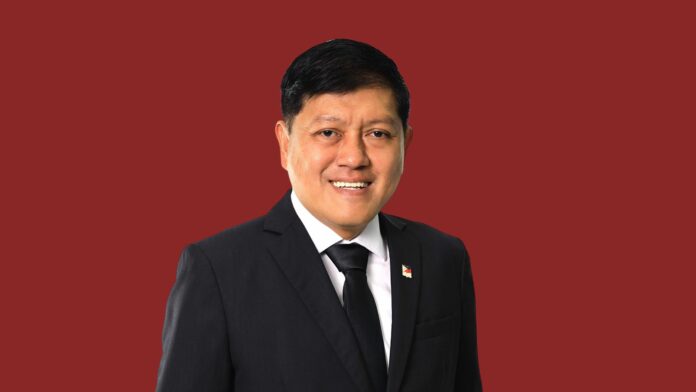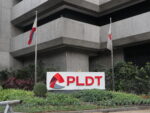The Securities and Exchange Commission (SEC) on Thursday announced a new round of reforms further strengthening the country’s anti-money laundering (AML) and counter-terrorist financing (CFT) efforts. The reforms, the SEC said, are seen as crucial to maintaining the country’s standing off the Financial Action Task Force (FATF) grey list, a classification that could signal deficiencies in a country’s financial crime prevention system.
SEC chairman Emilio B. Aquino emphasized the importance of sustained progress in the country’s financial crime framework, especially in light of the upcoming mutual evaluation by FATF in 2027. Aquino said the next two years are critical for the Philippines to implement necessary measures addressing gaps in beneficial ownership transparency, enforcement, and emerging financial risks. Failure to adequately address these issues could result in the country’s reclassification to the grey list, which would harm its standing as a competitive financial hub in the region.
The Philippines exited the FATF grey list in 2022 after significant improvements to its regulatory systems, particularly in collecting and managing beneficial ownership data. Aquino warned, however, that vigilance and continuous reform were essential to sustain this progress.
As part of its commitment, the SEC will launch Project HARBOR this year—a comprehensive registry aimed at streamlining the collection and management of beneficial ownership information. The new system will feature automated data validation, configurable access for authorized users, and analytical tools to help identify complex ownership structures. Integrated with the SEC’s existing electronic registration system (eSPARC), Project HARBOR will improve transparency and facilitate smoother, more secure compliance with international AML and CFT standards.
Aquino said the enhanced capabilities provided by Project HARBOR will reduce manual interventions and ensure the accuracy of the data submitted, addressing one of the FATF’s primary concerns regarding transparency in corporate ownership. The project launch is seen as a key step in reinforcing the Philippines’ commitment to international regulatory standards.
FATF president Elisa de Anda Madrazo acknowledged the efforts of the Philippines and stressed that the country’s ability to sustain these reforms in line with FATF standards will be scrutinized in the 2027 evaluation. The FATF’s assessment will determine whether the reforms have been fully implemented and continue to meet the organization’s global benchmarks.
The SEC’s focus on tightening regulations and improving enforcement is expected to bolster investor confidence, not only securing the Philippines’ reputation internationally but also contributing to the broader stability and growth of the nation’s financial markets. However, Aquino emphasized that the fight against money laundering and terrorist financing is an ongoing effort that requires constant vigilance and adaptation to emerging threats.
The reform series adopted earlier relate to the enhanced regulatory framework, beneficial ownership transparency, risk-based supervision, capacity building and training as well as international cooperation with peer agencies.







